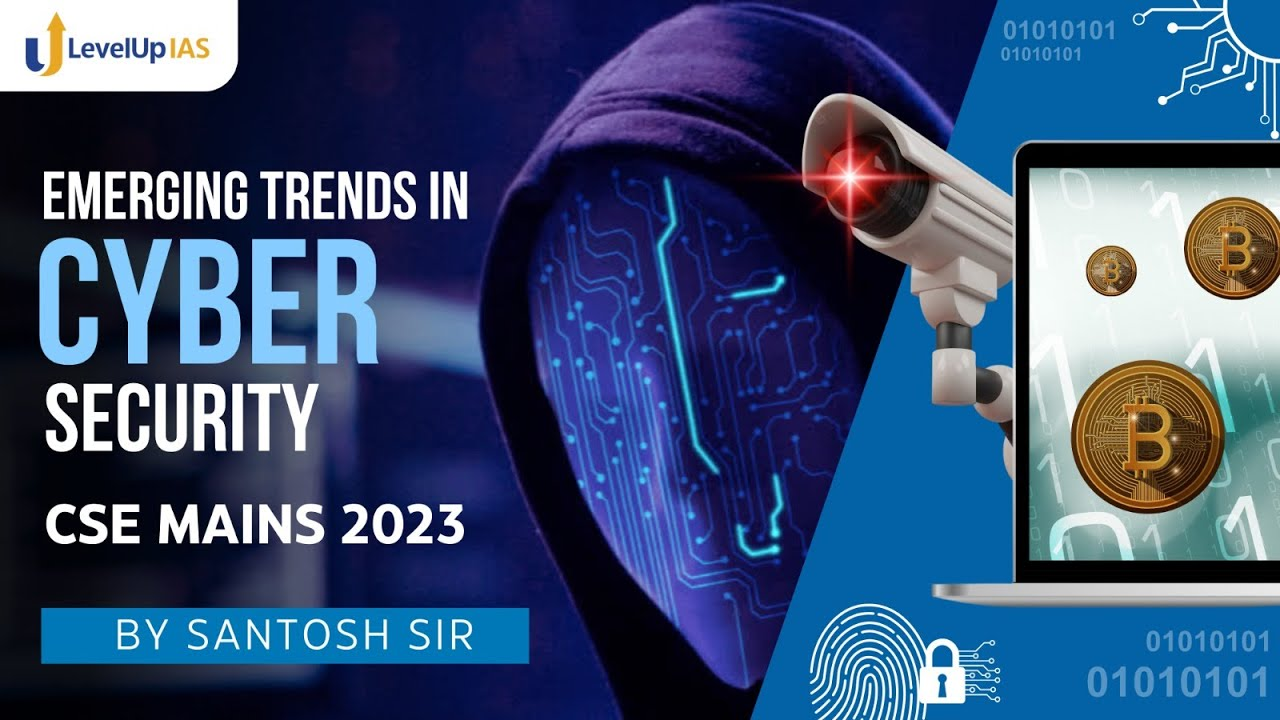Emerging trends in CSE(कंप्यूटर साइंस इंजीनियरिंग में उभरते रुझान)
"Emerging Trends in CSE"
🚀 Emerging Trends in Computer Science & Engineering (CSE) – 2025 Edition
The discipline of Computer Science & Engineering is evolving at breakneck speed. In 2025, these key trends are shaping the tech landscape, creating new opportunities and challenging engineers to grow their skills.
1. Generative AI & Agentic Systems
Generative AI (like GPT-4, DALL‑E, Gemini) now powers real-time content creation—text, code, and images. Advancing further, Agentic AI systems can act autonomously: think AI agents that can plan, decide, and execute tasks.
💡 Example: Businesses use these agents for automated customer support, code generation, and even predictive maintenance (Cogent Infotech).
2. Edge Computing + 5G
Edge computing places data processing closer to its source—essential for real-time systems. Combined with widespread 5G, this paradigm supports smart cities, autonomous vehicles, and rapid IoT responses.
Case in point: Local analytics in smart factories detecting anomalies before they escalate (Exelance IT).
3. Cybersecurity Mesh & Zero‑Trust Architecture
The shift to remote and cloud-native environments means legacy security won’t cut it. Zero-trust models and cybersecurity meshes ensure each device and app is individually authenticated and authorized.
Real-world benefit: Financial and healthcare sectors are adopting these models to tighten remote access vulnerabilities (Exelance IT).
4. Quantum Computing
Quantum computing is stepping into practical use, addressing problems unsolvable by classical computers—like rapid drug discovery, ultra-secure encryption, and supply chain optimization.
Example: Algorithms like Shor’s and Grover’s are already reshaping pharma R&D and logistics .
5. Platform Engineering & Serverless Architecture
Modern development trends emphasize internal developer platforms, Kubernetes, and serverless computing—enabling teams to build and deploy faster.
Why it matters: Platform engineering abstracts away infrastructure complexity, boosting team productivity by standardizing internal workflows .
6. Modern-Systems Programming (Rust, Go, Kotlin)
Rust, Go, and Kotlin are rapidly growing due to their performance, safety, and concurrency advantages.
-
Rust ensures memory safety without garbage collection.
-
Go excels in microservices.
-
Kotlin enhances developer efficiency, especially on Android and backend systems (futurevistaacademy.com).
7. XR (AR/VR) and the Metaverse
Virtual and augmented reality go mainstream in education, gaming, and remote collaboration. Expect immersive classrooms, interactive simulations, and shared virtual workplaces.
Example: AR overlays in healthcare training and collaborative remote workshops .
8. Low-Code/No-Code & Citizen Development
These platforms enable non-developers to build internal tools, automations, and applications. CSE professionals now need to bridge low-code platforms with complex backend logic—and ensure integration, security, and scalability (Exelance IT).
9. IoT and Smart Systems
IoT ecosystems are growing with sensors, smart devices, and real-time data analytics. CSE roles now require combining embedded engineering, networking, and cloud integration skills.
Use-case: Wearables monitoring health vitals and relaying alerts via edge devices .
10. Sustainable Tech & Green Computing
Energy-efficient code, AI-managed power consumption, and renewable-powered data centers are gaining traction. Expect sustainability metrics embedded in system design and architecture.
Impact: Green coding frameworks and intelligent systems with optimized CPU/GPU usage .
🔧 Practical Insights for CSE Professionals
-
Skills to Learn
-
Get hands-on with GenAI via platforms like OpenAI/GPT.
-
Dive into Rust and Go for efficient system design.
-
Explore edge computing using Raspberry Pi/Kubernetes.
-
Learn cybersecurity best practices, like zero‑trust and mesh.
-
Try quantum programming using Qiskit or Microsoft’s Q#.
-
-
Projects You Can Build
-
A serverless app with AWS Lambda + Rust.
-
An IoT + edge sensor network for environmental monitoring.
-
A lightweight XR prototype using Unity.
-
A secure POC app leveraging zero‑trust principles.
-
-
Career Growth
-
Roles: Quantum Engineer, Platform Engineer, Security Architect, IoT Developer, XR Interaction Designer.
-
Industries: Smart Manufacturing, FinTech, MedTech, Smart Cities, Renewable Energy.
-
📌 Final Thoughts
CSE in 2025 goes beyond writing code—it’s about integrating intelligence, security, connectivity, sustainability, and autonomy. Engineers who embrace these trends stay relevant and drive innovation forward.
💬 What’s Your Take?
Which trend are you most excited to explore—GenAI, quantum, or edge computing?
🔁 Comment below and share your thoughts!
thank you
contact: medicos092028@gmail.com






Comments
Post a Comment